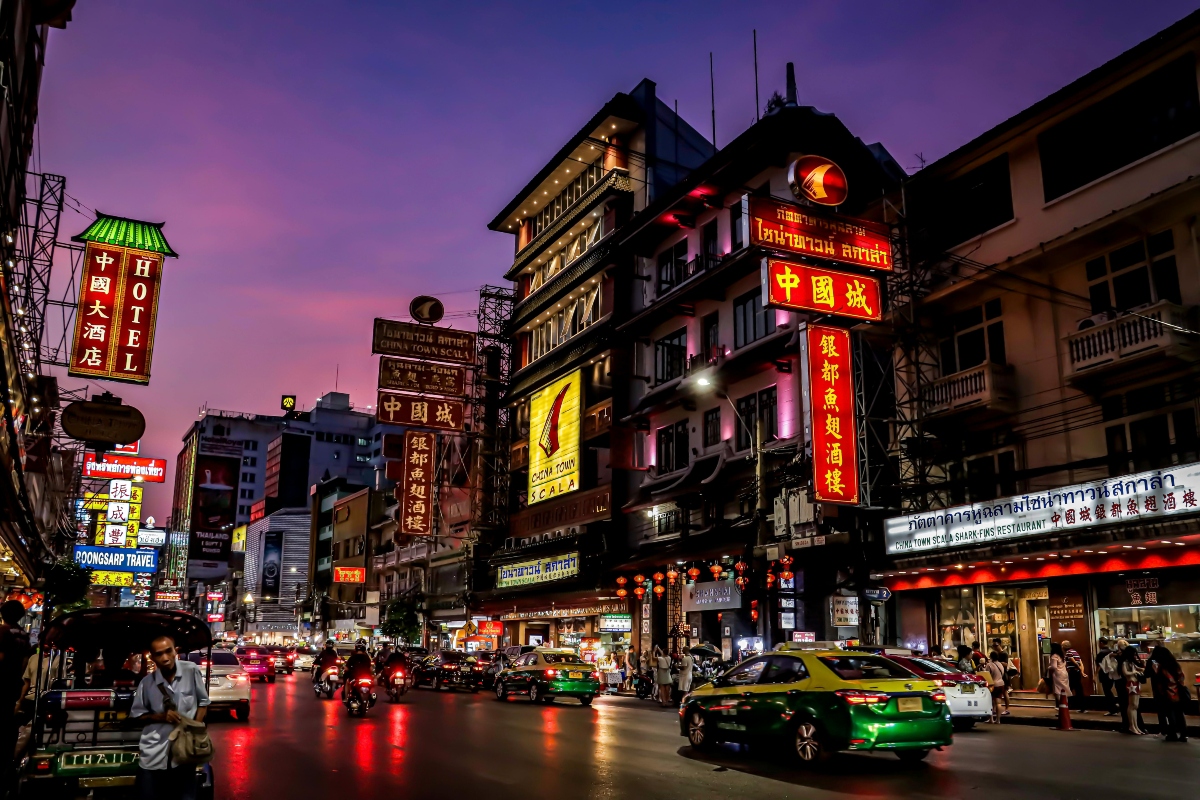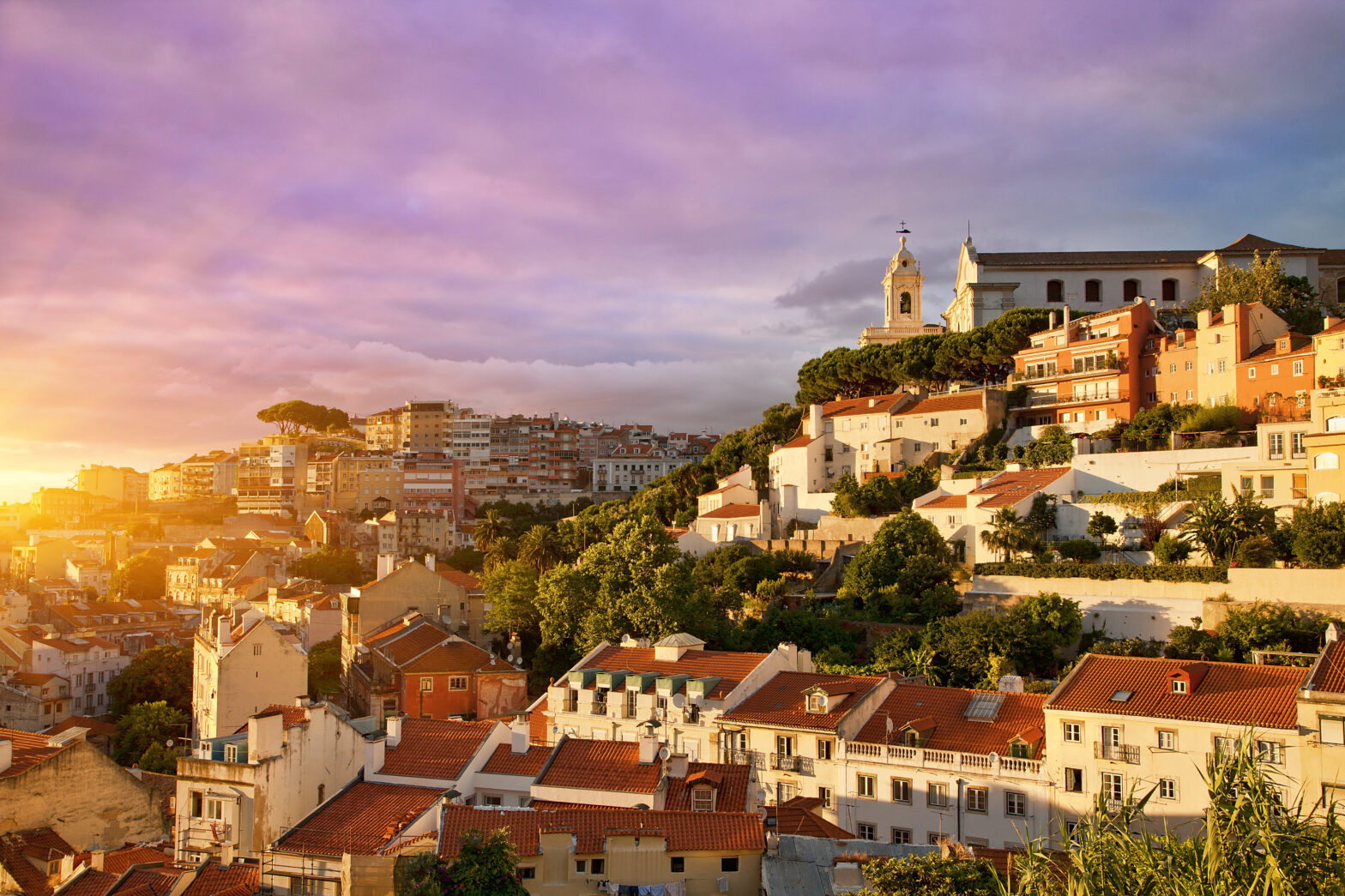For millions of years, human beings have foraged, scouring the earth to gather food from their natural environment. In fact, according to Khan Academy, “For 95 percent of their time on Earth, humans have sustained themselves by foraging.”
Today, only about 250,000 people forage as their primary way to survive. However, many people forage for a variety of other reasons. For Lady Danni Morinich of Philadelphia, foraging is a great way to connect with nature and learn about the land around her. She enjoys using foraged wild plants in her cooking, as well as for various medicinal purposes and in other natural products she creates.
An herbalist and owner of Landed Gentress Handcrafted Herbals, Lady Danni began foraging when she was drawn to the woods after the sudden passing of her father, who had been a keen hunter and fisherman.
“I wanted to feel connected to him. Not being a hiker, I came across the Wild Foodies of Philly group, and decided to go out with them. After learning just a few plants, I was hooked.”
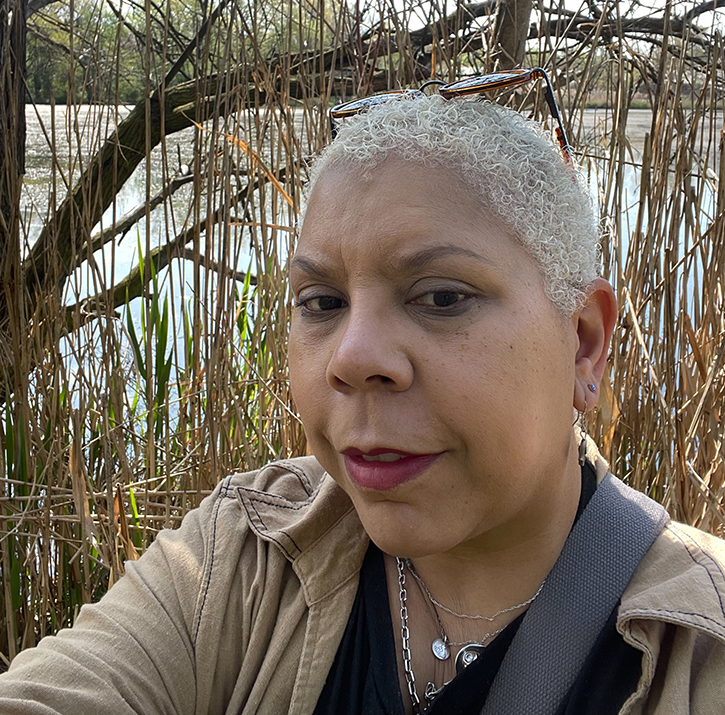
Through these tours, Lady Danni began to learn some of the medicinal benefits of what she calls “the plants formerly known as weeds.” With a background in herbalism, this intrigued her, and she yearned to know more about how they could be used medicinally.
She started conducting research of her own and reading more about how Native Americans used the indigenous plants. She attended every group meet so she could experience as many of these local and native plants as possible. Lady Danni has since learned many ways to use the different plants she finds, incorporating them into her products and meals.
“A very basic plant is plantain (Plantago major). Not the one related to the banana, but the one that pops up everywhere, including between the cracks of the sidewalk. It has large flat leaves that form a rosette on the ground and a seed pod that shoots up from the center. Well, that’s useful for so many things because it’s anti-inflammatory, and an anti-fungal. and it staunches bleeding. So you can use it as a tea for inflammatory bowel or gastric issues, or pick it fresh from the ground if you injure yourself on a hike or get stung by a bee, or even to help with poison ivy.”
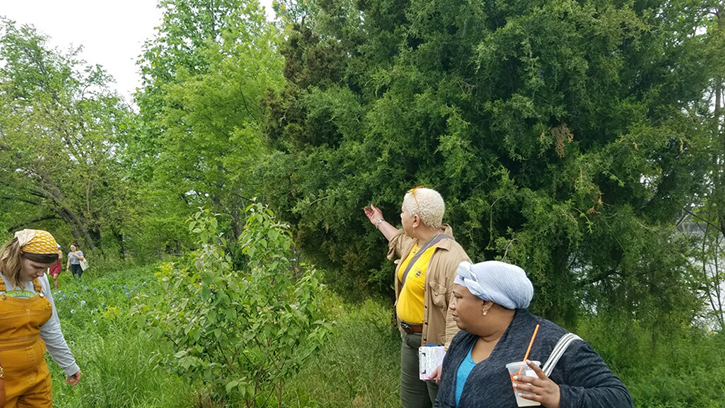
She makes a number of tinctures for pain, like prickly lettuce (Lactuca seriola.) In addition to relieving pain, it is slightly sedative, however, it is free of opiods and the addictive side effects they cause.
Red clover (Trifolium pratense) was traditionally used by many women for menopause. It contains components that act like estrogen in the body and can help with symptoms that occur when women’s estrogen levels drop as they age. Also a demulcent, which helps moisturize the throat and lungs, Lady Danni finds it helpful for coughs.
At the suggestion of the Wild Foodies of Philly founder, Lady Danni soon began leading group tours. In addition to group tours, she also leads private tours through her own company. Visitors to the City of Brotherly Love who are interesting in participating in a foraging group tour can sign up through the group’s Meetup page.

“Those are the most cost-effective at $10/person and it’s my way of returning the favor for all I’ve learned. Since I’m not the only guide that offers tours, I clearly mark the ones I’m hosting, but I also promote my tours via my website, so if you sign up for the mailing list, you’ll be notified about the tours I do each month.”
A great way to learn from others and get the kind of Q&A you’re not going to get in a book, foraging group tours run from about March through the end of November. And for those who may feel a little squeamish about the idea of picking wild plants, Lady Danni reminds you that you can also forage right in your own backyard.
“If you can ID it here, you can ID it in your backyard; and if you don’t use any chemicals, you can eat those. I do prefer parks and green spaces that aren’t sprayed. And ideally, you don’t want something directly next to a road, or on paths or levels where dogs pee, but look carefully before you harvest, consider the land, and how much you want it.”
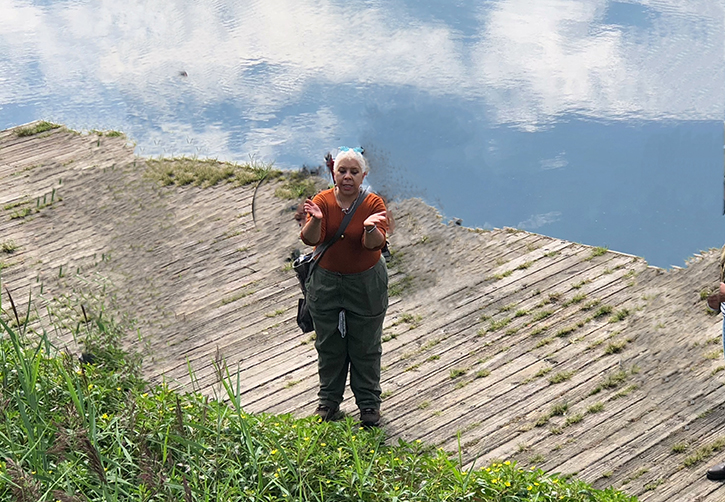
“I mean, pineapple weed (Matricaria discoidea) loves ground that gets trampled. I was on the soccer pitch a few days ago harvesting it. So yes, it’s going to be dirty, but I wash it well and dry it and this version of wild chamomile makes a pineapple scented relaxing tea.”
Lady Danni enjoys helping others discover the many benefits of foraging and the deeper insight that comes with working with foraged finds. Not only does it foster a connection with nature, but it can help you get in touch with your roots and learn a valuable and useful skill.
“Before we had supermarkets and a CVS on every corner, you had to know plants and the best place to find them, the part to use, and the season. I think people will be surprised that all of this food and medicine exists in the city. People think you have to go out into the countryside, but I can walk a few blocks and probably tell you a half dozen plants or trees that are edible or useful as medicinal.”
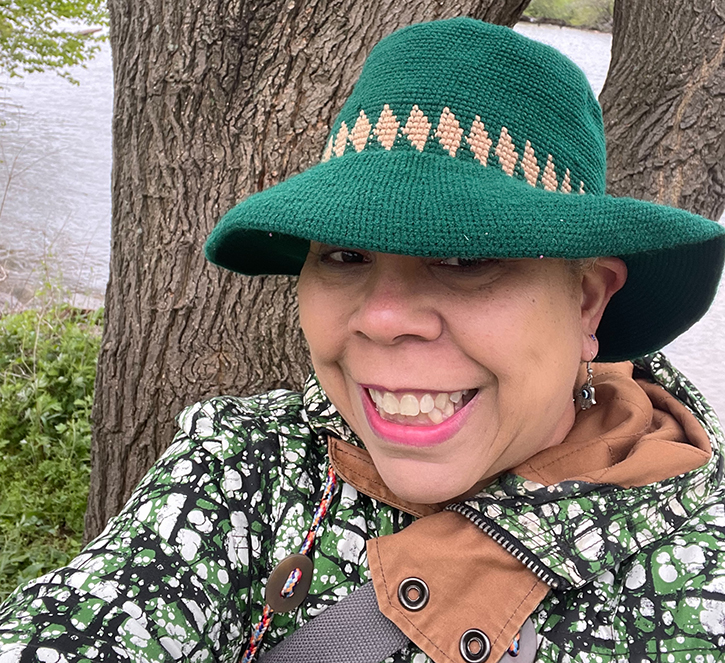
For more information, visit Lady Danni’s website. You can also shop for her handmade natural products in her Etsy store and follow her on Instagram, Twitter, Facebook, and YouTube.

